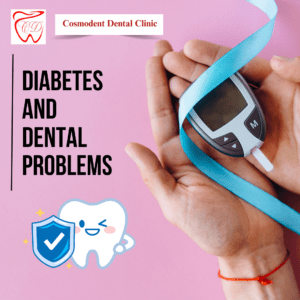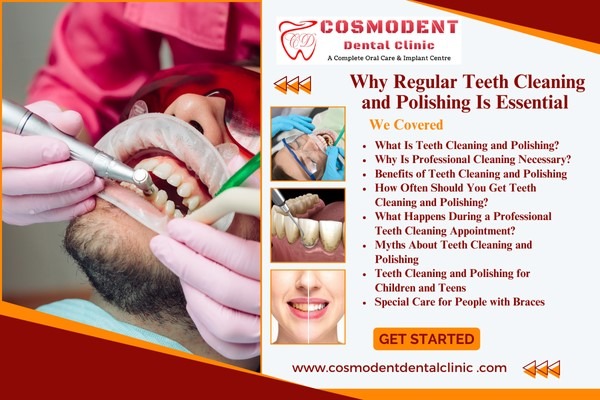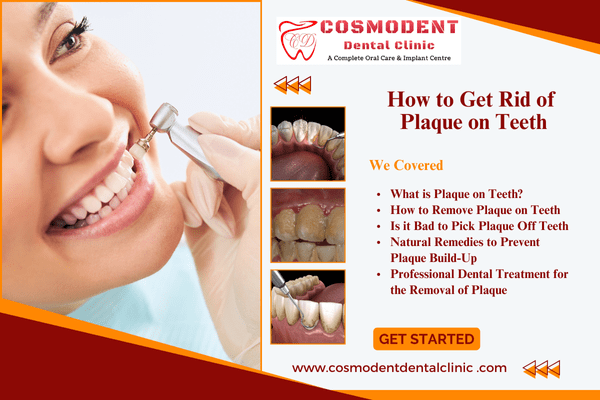Introduction
Diabetes is a chronic condition that affects millions of people worldwide. While most are aware of the common complications associated with diabetes, such as heart disease and kidney damage, fewer people realize that diabetes can also have a significant impact on oral health. Diabetes and Dental Problems are closely linked, with diabetes increasing the risk of several dental issues, including gum disease, cavities, and oral infections.
Understanding the connection between diabetes and dental health is crucial for managing both conditions effectively. In this blog, we’ll explore the relationship between diabetes and dental problems, the risks involved, and practical tips to protect your oral health if you have diabetes.

The Link Between Diabetes and Dental Problems
Diabetes affects your body’s ability to process sugar, leading to high blood sugar levels. Poor blood sugar control can negatively affect different components of your body, inclusive of your face. The connection between Diabetes and Dental Problems can be attributed to several factors:
-
Reduced Saliva Production
Saliva performs a critical position in keeping your mouth wholesome by way of washing away food debris and neutralizing acids produced via microorganism. Dry mouth (xerostomia) is regularly because of decreased bone formation in patients with diabetes. Dry mouth will increase the danger of zits, gum disease and infection.
-
Increased Sugar Levels in Saliva
High blood sugar tiers cause your saliva sugar tiers to upward push, giving harmful bacteria inside the mouth more gas. These bacteria can produce acids that attack tooth enamel, inflicting plaque and other dental troubles.
-
Weakened Immune System
Diabetes weakens the immune system, making it tougher on your frame to combat disease. This puts you at a better chance for gum sickness, also called gum disorder. Gum ailment progresses unexpectedly in sufferers with diabetes and can lead to enamel decay if now not dealt with early.
-
Poor Wound Healing
High sugar tiers can also prevent your frame from healing, which means any cuts, bruises or scars in your face can take longer to heal. This slow restoration manner can result in infections and headaches others have come.
Common Dental Problems in People with Diabetes
1. Gum Disease (Periodontal Disease)
Periodontal disorder is one of the most common dental problems associated with diabetes. This takes place while a sticky bacteria builds up on the tooth and irritates the gums. If plaque is not eliminated it is able to harden into tartar, mainly to gum (gingivitis) and in the end greater extreme gum disease (periodontitis).
Symptoms of gum disorder include redness, swelling and bleeding, gum tenderness, receding gums when advanced, and tooth decay Left untreated, gum disorder can lead to gum decay and even residue blood sugar, creating a vicious cycle.
2. Tooth Decay (Cavities)
As mentioned in advance, excessive blood sugar degrees can improve the tiers of sugar on your saliva, presenting food for teeth-decaying bacteria. Diabetics are prone to cavities, whilst acids produced by bacteria harm enamel, inflicting cavities or cavities in teeth
3. Dry Mouth (Xerostomia)
Dry mouth is a not unusual symptom of diabetes, causing soreness, difficulty swallowing, and an extended danger of teeth decay and gum ailment. Saliva allows guard enamel with the aid of acid and washes over food debris, so the absence of bone can be harmful to oral health.
4. Oral Infections
Diabetes weakens the immune system, making it more difficult for the body to combat infections, consisting of the ones in the mouth. Common diabetic oral infections encompass thrush (a fungal contamination caused by Candida yeast) and sore mouth.
5. Delayed Healing
People with diabetes may experience delayed healing of wounds, cuts, or sores in the mouth, increasing the risk of infections and complications.
Tips to Protect Your Oral Health
If you’ve got diabetes, it is essential to hold correct oral hygiene to save you dental troubles and defend your standard fitness. Here are a few useful recommendations to help manage Diabetes and Dental Problems:
1. Control Your Blood Sugar Levels
One of the maximum vital steps you may take to guard your oral fitness is to manipulate your blood sugar tiers. This not simplest helps prevent dental issues, but also reduces the risk of other headaches of diabetes.
2. Brush and Floss Regularly
Brush your teeth with fluoride toothpaste at the least two times a day and use a tender toothbrush. Floss between your teeth every day to preserve your tooth and micronutrients among and around your enamel. Regular brushing and flossing help prevent cavities and gum disorder
3. Stay Hydrated
Drink plenty of water to preserve your mouth and assist in washing away meals debris and bacteria. Staying hydrated additionally helps reduce the risk of dry mouth.
4. Visit Your Dentist Regularly
Regular dental check-ups are crucial for detecting and treating dental problems early. Inform your dentist that you have diabetes so they can provide personalized care and monitor your oral health closely.
5. Avoid Smoking
Smoking can get worse gum ailments and increase the chance of different dental issues. If you smoke, seek assistance to stop, as this can notably gain your oral and overall fitness.
6. Be Mindful of Your Diet
Limit your consumption of sugary foods and drinks, as they could make contributions to tooth decay. Instead, choose a balanced weight-reduction plan wealthy in end result, greens, and entire grains to help each your oral health and blood sugar manipulate.
7. Use a Mouthwash
Consider the use of an antimicrobial mouthwash to assist lessen plaque and microorganism on your mouth. However, select a mouthwash that does not include alcohol, as alcohol can contribute to dry mouth.
8. Monitor for Signs of Dental Problems
Be vigilant about any adjustments for your oral health. If you notice signs consisting of bleeding gums, chronic terrible breath, or mouth sores that do not heal, touch your dentist promptly.
Conclusion:
The relationship between Diabetes and Dental Problems is undeniable, but with proper care and attention, you can protect your oral health and reduce the risk of complications. Managing your diabetes effectively, practicing proper oral hygiene, and traveling to your dentist regularly are key steps in maintaining a healthy mouth. By taking these proactive measures, you can enjoy a healthier smile and general proper-being, despite the demanding situations that diabetes may present.








